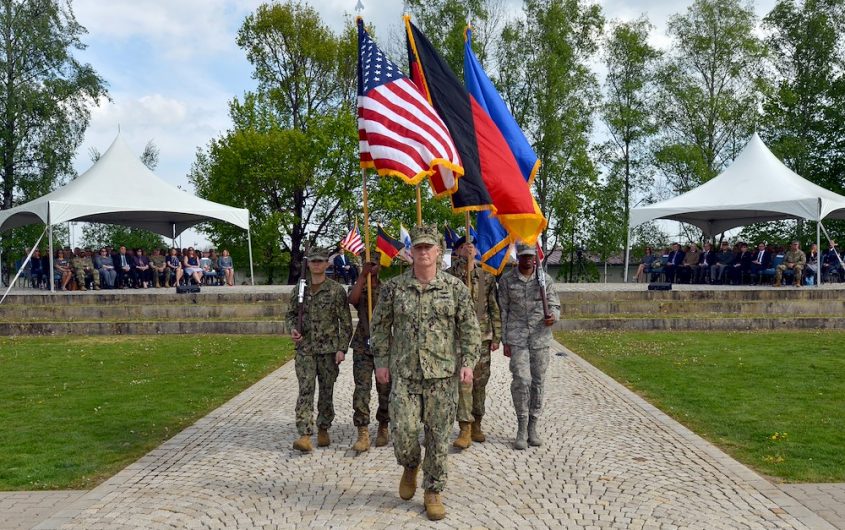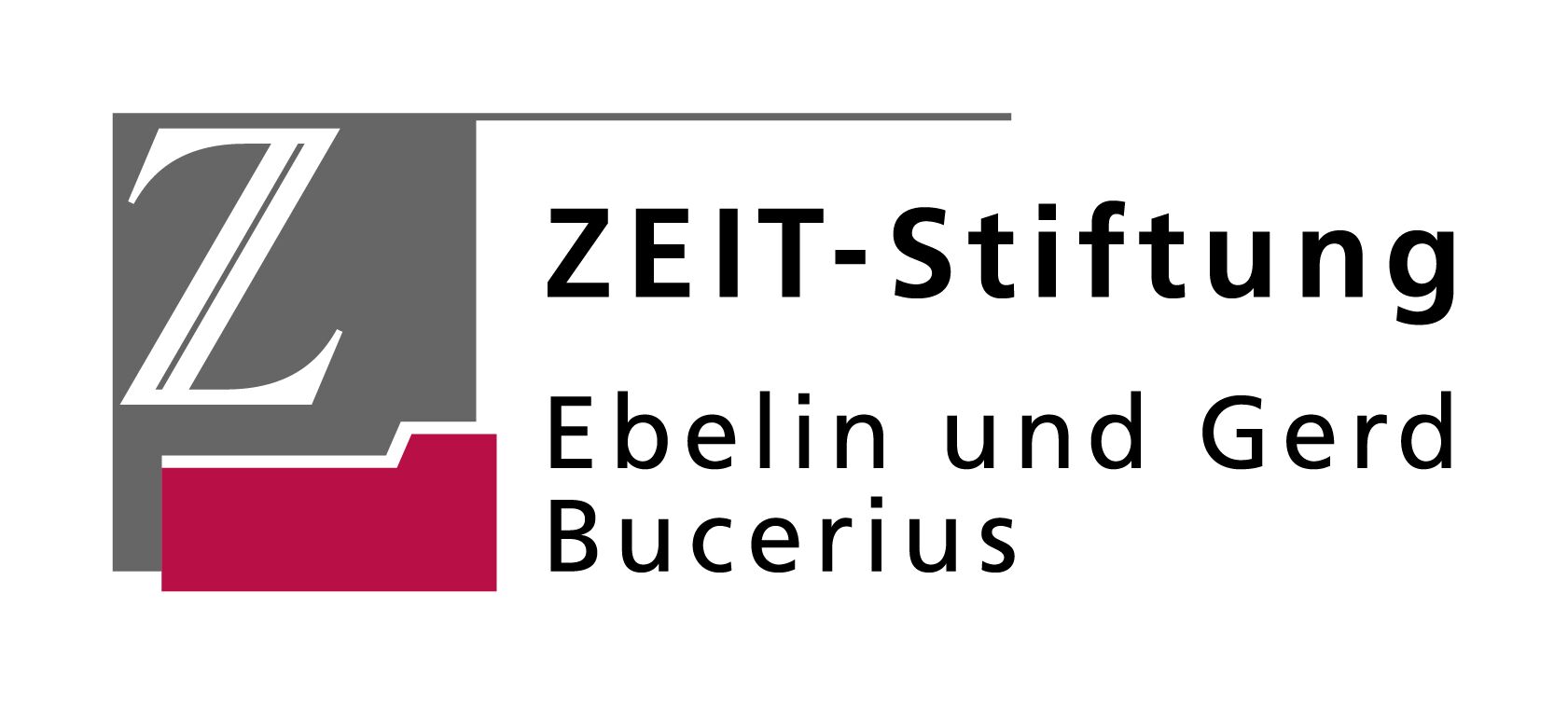
Bases and Burdens
The Impact of an American Drawdown on NATO, Germany, and the U.S.
President Donald Trump has announced the reduction of the U.S. troop presence in Germany by 12,000, to a level of 24,000. The President has connected his decision in part to his frustration with low defense spending in Germany, a frequent refrain since 2016. The move will entail the relocation of 5,600 troops to other European locations, which the Defense Department argues will strengthen NATO and better deter Russia. The plans have sparked bipartisan criticism from the U.S. Congress, former military officials, and security experts. The German federal government has highlighted the potential impact on American force-projection capabilities in Europe, while state leaders from across the political spectrum in Germany have expressed regret at the Defense Department’s decision. The decision of the Trump administration to reduce the U.S. footprint in Germany and rebalance in Europe raises crucial questions for the transatlantic partnership and the bilateral relationship with Germany:
- How would a reduced force presence affect NATO readiness and burdensharing, and how quickly will these measures take effect?
- Will the President’s attempt to bring troops home resonate with American voters in this election season?
- In Germany, which looks ahead to elections in 2021, will the deteriorating relationship with Washington affect national politics?
- How will the U.S. steps affect German defense policy?
- For NATO, how will a changed U.S. presence affect the transformation of the alliance and its ability to meet transatlantic security objectives?
Please join us for this webinar featuring German and American perspectives on the political, security, and public dimensions of a U.S. drawdown.
Rachel Ellehuus is deputy director and senior fellow with the Europe Program at the Center for Strategic and International Studies (CSIS). Her research focuses on the future of NATO; the transatlantic relationship; U.S.-European Union relations; and regional security and defense dynamics, particularly in Northern Europe and the Arctic. Before coming to CSIS, she served as principal director for European and NATO Policy in the Office of the Secretary of Defense at the U.S. Department of Defense. From 2009 to 2012, Ms. Ellehuus was based in London, assigned to the Strategy Unit in the UK Ministry of Defense. Prior to her work at the Department of Defense, Ms. Ellehuus was a researcher at the Danish Institute of International Affairs and lived in Prague, Czech Republic, where she worked at the EastWest Institute. She holds a B.A. in international relations and German from Colgate University and an M.A. in political science and European affairs from the College of Europe (Bruges/Natolin).
Wolfgang Ischinger has been Chairman of the Munich Security Conference (MSC) since 2008. He is Senior Professor for Security Policy and Diplomatic Practice at the Hertie School of Governance in Berlin and Honorary Professor at the University of Tübingen. He advises the governments, international organizations, and the private sector on strategic issues. He studied law at the universities of Bonn and Geneva; he studied International Law, International Economic Relations, and Contemporary History at Fletcher School of Law as well as Diplomacy and at Harvard Law School (M.A., Fletcher School, 1973). In 1975, he joined the Federal Republic of Germany’s Foreign Service. In 1993, he was named Director of the Policy Planning Staff and in 1995 Political Director. In that role, Ischinger led the German delegations during the Bosnian Peace negotiations in Dayton/Ohio , the negotiations on the NATO-Russia Founding Act, and during the Kosovo crisis. In October 1998, he was appointed State Secretary (Deputy Foreign Minister) of the German Federal Foreign Office. From 2001 to 2006, he served as German Ambassador in Washington, DC, and, from 2006 to 2008, in London. From 2008 to 2014, he was Global Head of Government Relations, Allianz SE, Munich, and served on supervisory boards of the Allianz Group.
Danielle Pletka is a senior fellow in foreign and defense policy studies at the American Enterprise Institute (AEI), where she focuses on US foreign policy generally and the Middle East specifically. Until January 2020, Ms. Pletka was the senior vice president of foreign and defense policy studies at AEI. Concurrently, she also teaches US Middle East policy at Georgetown University’s Walsh School of Foreign Service. Before joining AEI, Ms. Pletka was a senior professional staff member for the Middle East and South Asia for the Senate Committee on Foreign Relations. She has an MA from the School of Advanced International Studies at Johns Hopkins University and a BA from Smith College.
Jana Puglierin is the Head of the Berlin Office and a Senior Policy Fellow for the European Council on Foreign Relations since January 2020. She also directs ECFR’s Rethink: Europe initiative, which explores and illustrates European cooperation in innovative ways. Prior to this, she headed the Alfred von Oppenheim Center for European Policy Studies at the German Council on Foreign Relations (DGAP). Before joining DGAP Dr. Puglierin was an advisor on disarmament, arms control, and non-proliferation at the German Bundestag, where she also worked on matters relating to German and European foreign and security policy. Between 2003 and 2010 she was researcher and lecturer to the chair of political science and contemporary history as well as in the program for North American studies at the University of Bonn. She was also an associate at “Stiftung Neue Verantwortung”, Berlin from October 2010 until October 2011. Dr. Puglierin earned a Master’s degree and a doctoral degree in Political Science, International and European law, and Sociology from the Friedrich-Wilhelms University of Bonn.
The webinar will convene via Zoom. Please contact Elizabeth Caruth at ecaruth@aicgs.org with any questions.
This event is presented in partnership with the ZEIT Foundation







